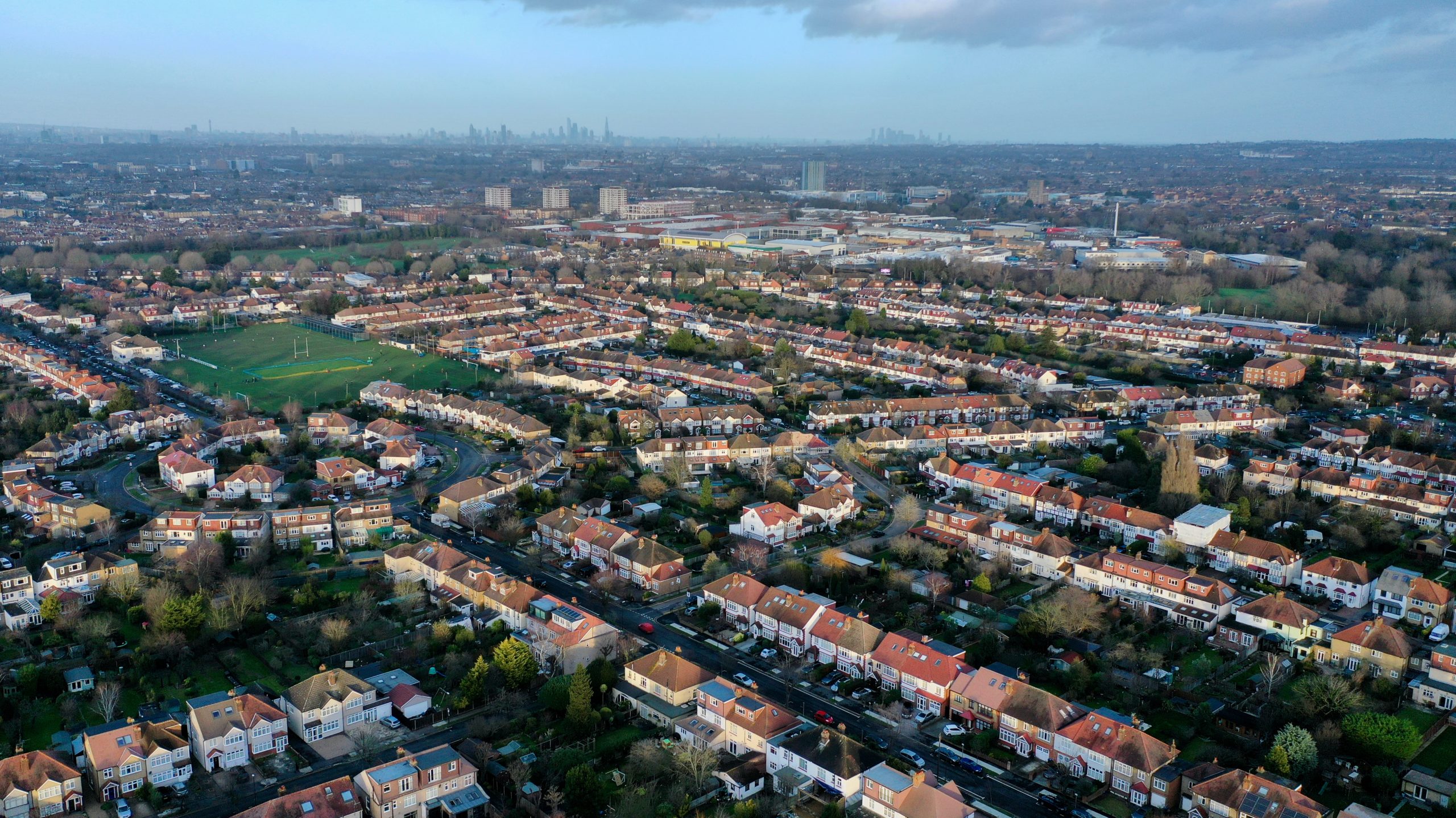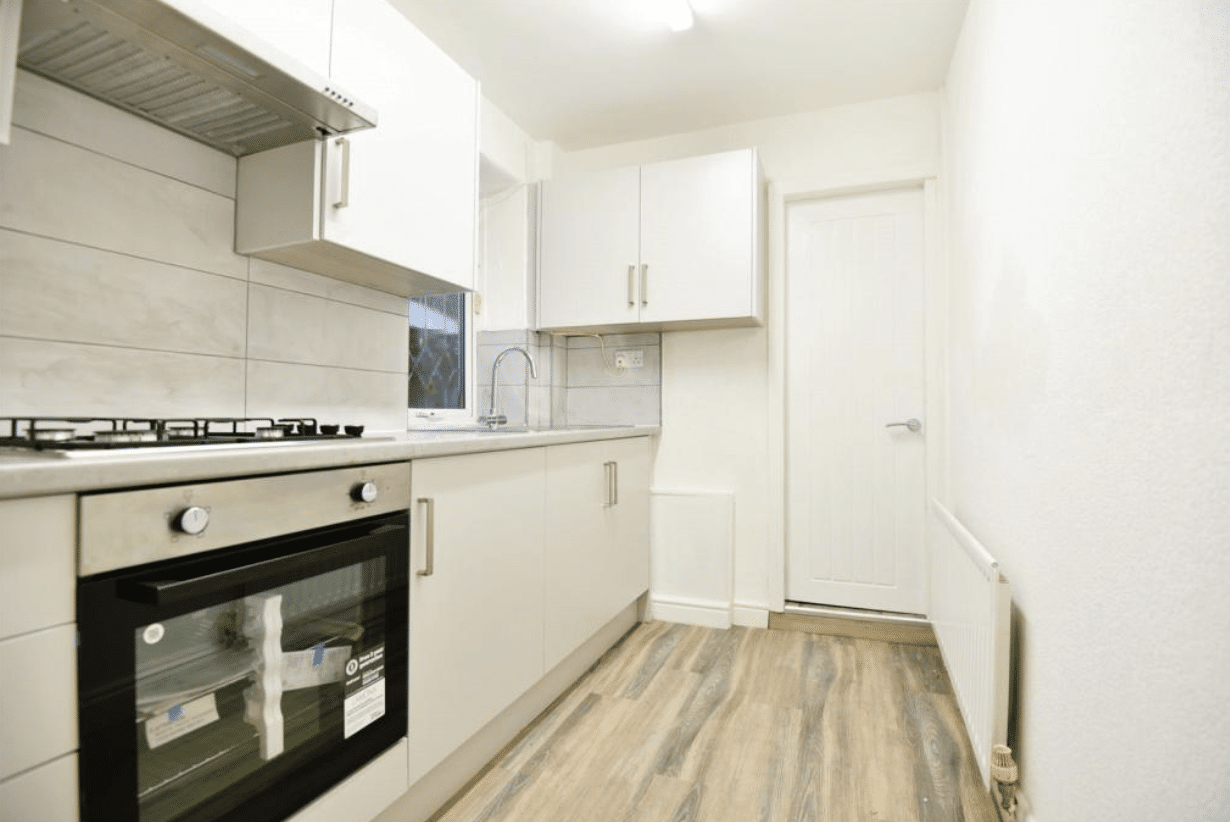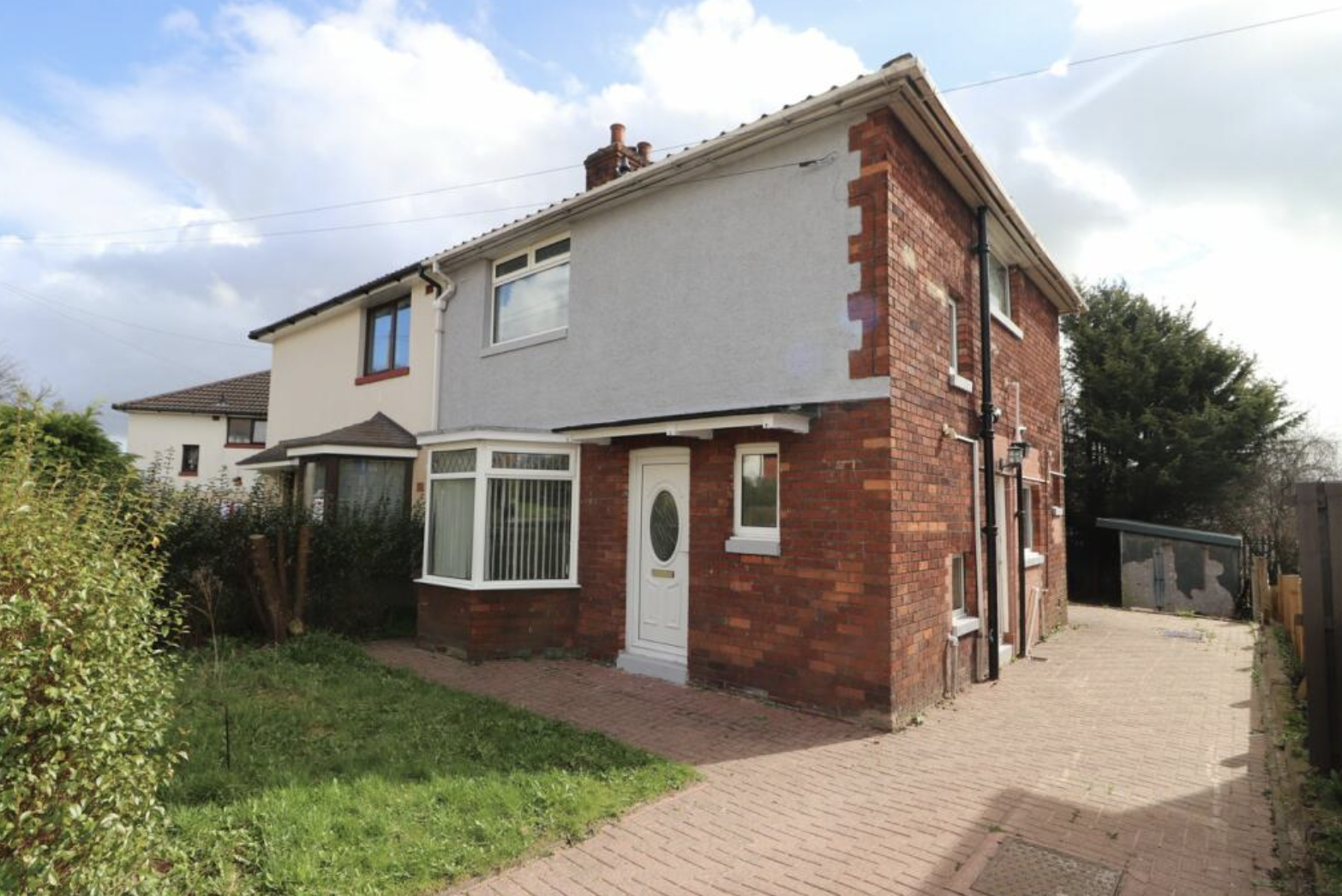
Complete Guide to UK Property Buying Process: Procedures, First-time Buying, and Pitfalls Revealed
The UK property market has always been a popular choice for overseas property investors. Whether you plan to buy a property for your own use or for investment in the UK, you need to have a good understanding of the UK property buying process. This article will provide a detailed introduction to full pay property purchase, first-time home buying, UK property inspection, property purchase costs, mortgage application and exchange of contract, etc., helping you avoid pitfalls in the UK property purchase!
Before buying a property in the UK, you should consider the following key points:
If you are considering buying a property in the UK, here are some important steps and things to note:
- Budget and Down Payment: Before you start looking for a property in the UK, you need to determine your budget and how much money you have available. This includes your down payment and how much you can borrow. Also, don't forget to account for additional costs such as legal fees, stamp duty, etc.
- Finding a Property in the UK: You can find a suitable property through a UK real estate agent, online UK property websites, or UK property auctions. If you want more choices, consider hiring a professional UK property agent to help you find the property that fits your needs.
- Viewing the Property: Once you have found several properties that you like in the UK, you should arrange a time to visit them in person. This is a great opportunity to understand the condition of the properties and the nearby environment and facilities. If you are not familiar with the local property market, you can hire a local UK property agent to help you view and understand the property.
- Making an Offer: If you are interested in a property, you can make an offer. But remember, making an offer does not mean the final purchase contract, it's only the beginning of the negotiation process.
- Legal Review: Once you have reached an agreement with the seller, you need to hire a lawyer to conduct a review. The lawyer will help you check the legal ownership, condition, and restrictions of the property to ensure there are no legal issues when buying the property.
- Signing the Contract: Once the legal review is completed without any issues, you and the seller can sign the contract. This means that both parties have agreed to the conditions of the property purchase and have signed the contract. At this stage, you need to give the seller a certain deposit to ensure that you truly intend to buy the property.
- Completing the Transaction: After signing the contract, you need to pay the balance of the property price and other costs such as legal fees and stamp duty. These fees can be paid through your lawyer. Once all payments are settled, you officially own the property.
- Paying Stamp Duty: In the UK, the buyer has to pay stamp duty as a part of the property transaction. The amount of stamp duty is determined by the value of the property and needs to be paid within 30 days after signing the contract.
- Buying Insurance: Once you own a property, you should buy home insurance to protect your property from damage and disasters. You might also want to consider buying mortgage insurance to cover the risk of being unable to repay the mortgage.
- Management: Once you own a property, you need to start managing it. You will need to pay local taxes, utility bills, and handle maintenance and upkeep. You might consider hiring a property management company to help manage your property.
Buying a Property in the UK with Full Payment.
The advantage of buying a property in the UK with full payment (Full Pay) is that the process is simple and straightforward. Sellers also tend to prefer selling their property to buyers who can pay in full cash. The reason is that the transaction speed is much faster compared to buyers who need to apply for a mortgage. Buyers who need to apply for a mortgage are perceived as higher risk by sellers because there's a chance that the mortgage bank might not approve the loan, leading to the deal falling through. Therefore, if funds permit, buying a property in the UK with Full Pay may offer the opportunity to buy high-quality properties at more competitive prices.
However, without applying for a mortgage, the bank will not send someone to inspect the property condition. Therefore, buyers should consider hiring a professional property inspector to ensure the quality of the property.
Buying a First Home in the UK
For first-time homebuyers, the process of buying a property in the UK might be more complex. In addition to calculating your actual property buying budget and selecting a suitable UK property, buyers who need a mortgage should understand the UK property mortgage application process and consider various property buying costs.
During the process of buying a property in the UK, buyers need to be aware of the selling tactics of estate agents, property quality, among other issues. Therefore, whether you are buying a property with full payment or as a first-time buyer, consider hiring a professional and reliable UK property sourcing agent who can provide you with various UK property buying information and help you avoid potential pitfalls.
Mortgage for Buying a Property in the UK
Applying for a mortgage is usually one of the most important steps when buying a property in the UK. You need to understand that applying for a mortgage to buy a property in the UK depends on your individual borrowing capacity, credit record, and how much you can afford for the down payment. After confirming your borrowing capacity, you can start to understand the terms and interest rates of banks or other lending institutions, and choose the mortgage plan that suits you best.
Generally speaking, first-time homebuyers need to pay a certain proportion of the down payment, usually between 5% and 20% of the property value. If your down payment is lower, the bank may require you to pay a higher interest rate or need additional insurance. Therefore, it's best to have enough for a down payment before buying a property.
Costs of Buying a Property in the UK
During the process of buying a property in the UK, in addition to the property price, you also need to consider other purchasing costs. Here are some common costs associated with purchasing a property:
Stamp Duty: When buying a property in the UK, you need to pay Stamp Duty. The amount of Stamp Duty is calculated based on the value of the property, and the tax rate varies depending on your buyer status (first-time buyer, non-first-time buyer, investor). For first-time buyers, you can enjoy a tax relief if the purchase price is £500,000 or less. For non-first-time buyers and investors, the rate is graduated, with higher rates for higher bands of property value.
Solicitor Fees: You need to hire a solicitor to handle the legal documents for buying a property and to represent you in the transaction. The cost of solicitor fees can vary based on their charging standards.
Survey Fees: Before buying a property, you can hire a surveyor to conduct a property inspection to ensure the condition of the property. Survey fees can vary depending on the size of the property and the charging standards of the surveyor.
Sourcing Fee: If you buy a property through a sourcing agent, you may need to pay a fee to the sourcing agent, which is typically 1% to 3% of the property value.
The above purchasing costs are just a part of it. There are other possible costs, such as the cost of moving out from your current residence, property insurance, etc. So, before buying a property, be sure to understand all the costs involved to ensure you have enough budget.
Exchange Contract
The last important step in the process of buying a property in the UK is the exchange of contracts (Exchange Contract). This step is where the buyer and seller formally confirm the transaction, and the buyer needs to pay a portion of the purchase price as a deposit (usually 5% to 10% of the property value). After the exchange of contracts, both parties are legally bound, and if either party breaches the contract, the other party has the right to claim for damages. It's important to note that the exchange of contracts is often the point of no return in a property transaction. After contracts are exchanged, both the buyer and seller are legally committed to the transaction. If the buyer pulls out after this point, they could lose their deposit. If the seller pulls out, the buyer can sue them for breach of contract.
After the exchange of contracts, a Completion Date is typically set, which is the final payment date for the purchase price of the property. Generally speaking, the completion date is a few weeks or months after the exchange of contracts. During this time, you need to prepare to pay the remaining purchase price and other property purchase costs. On the completion date, the buyer transfers the remaining funds (usually 90-95% of the purchase price) to the seller, and the seller hands over the keys to the property. It's at this point that ownership of the property is officially transferred to the buyer.
UK HMO TransactionProcess
While the process of purchasing an HMO (House in Multiple Occupation) in the UK is similar to buying any other property, there are a few differences that potential investors should be aware of. One difference is that HMO investors in the UK often buy with cash first, and then arrange a mortgage later. This means that the advantage of cash buyers is less pronounced, and the speed of decision-making and level of preparedness are particularly important. At the same time, local sellers or UK estate agents tend to prefer selling properties to locals. This is because they actually reside in the area, have local credit records and identity proof, and can personally visit and evaluate whether the property is suitable in a timely manner. In theory, this allows them to make decisions faster, which makes the transaction process quicker and more convenient for UK estate agents.
If you want to improve your success rate in buying quality HMOs (Houses in Multiple Occupation) on the secondary market in the UK, advance preparation is essential. We summarize here the documents that buyers need to prepare in advance, with the aim of showing sincerity to the seller that we are not here to waste time, but are capable buyers who are familiar with the transaction process of UK properties and are ready to make a decision as soon as the property is suitable.
Before making an offer
First, you must provide a lawyer-certified identification document or passport (Certified ID / Passport). Then, you need to provide a bank statement proving that there are sufficient funds in your account to purchase the property (Proof of Funds). At this stage, equivalent foreign currencies to the British pound are also acceptable. And it is best to have a conveyancing solicitor who represents you in the property transaction.
The above is the preliminary preparation for the first stage of buying a UK HMO (House in Multiple Occupation) property. As long as you gather the above three points, you will be considered a qualified buyer in the eyes of UK sellers, and they will be happy to consider your offer.
Once the first stage of preparation is completed, the second stage follows closely. You need to pay attention to the trend of the British pound, and try to buy more pounds when it's at a low point for use as future transaction funds, and for the needs of operating HMO (House in Multiple Occupation) properties in the UK.
Translation: You also need to prepare proof of address for the past three months, such as a bank letter or utility bill. Depending on your tax status and plans, you may need to consider whether to establish a UK company to hold the HMO (House in Multiple Occupation) property.
If you are operating a privately run medium-sized HMO (House in Multiple Occupation) property (five or more non-related tenants), you will need to apply for an HMO license. One of the conditions is that the owner is a person of good character. If you are not a UK resident, you will need to apply for a Certificate of No Criminal Conviction from the Hong Kong Police Force as proof.
If you are overseas and do not have someone familiar with the local market to assist you, it can be very difficult to buy quality HMO (House in Multiple Occupation) properties on the secondary market. If you are not very familiar with the process of buying property in the UK, hiring a professionalUK Property Sourcing Agentis a good choice. They can help you understand the local property buying process and market conditions, provide professional advice and guidance, and assist you in finding the ideal UK property.
The above is a simple process for buying a house in the UK, and the actual buying process may be more complex and vary from person to person. If you have specific questions or need more detailed guidance, it is recommended that you consult with a professional UK property consultant or lawyer to ensure your property purchase process goes smoothly.



